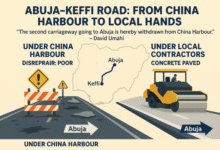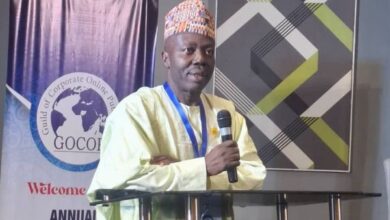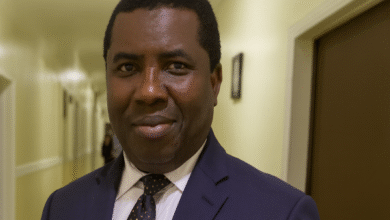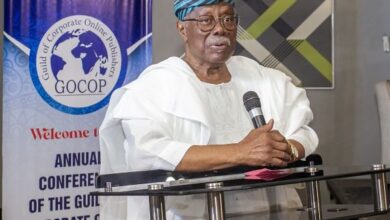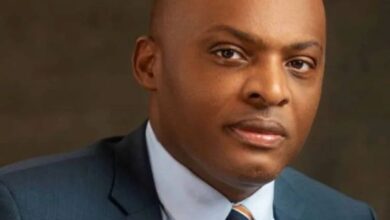Election uncertainty, oil price kill construction in Nigeria
Political uncertainty over Nigeria’s election on Saturday and economic turmoil from low oil prices have delivered a double blow that has slashed revenues and triggered layoffs for businesses across Africa’s biggest economy.
But while some, such as consumer goods firms, are less exposed to Abuja’s troubles, others like construction firms heavily dependent on government cash are facing frozen projects, unpaid bills and mass redundancies, putting badly needed infrastructure development on ice, industry sources say.
“The situation is terrible and there is more … to come,” one construction industry source told Reuters.
“There is a desperate lack of funds.”
The fall in world oil prices to $55 a barrel, half what they were in June, could not have come at a worse time for Africa’s biggest producer. The run-up to an election is traditionally when government finances come under huge pressure from election spending on advertising and patronage.
Standard and Poor’s ratings agency downgraded Nigeria to B+ from BB- last week. The naira has fallen 20 percent since being devalued in November.
Because this vote is expected to be so closely fought, much more money has been needed to fight it. Capital spending in the budget has been slashed and a source in parliament said government contracts are massively in arrears because it is easier not to pay contractors than to hold back salaries.
The top 10 construction companies in Nigeria accounted for 70,000 jobs a year ago but since then their workforces have been cut by a third, industry sources said.
“Most of the companies tightened their belts because of no payments, while overheads are getting higher,” expatriate civil engineer Daniel Hazim said.
“That’s why the majority of construction companies are passing pink slips to their employees … expats and locals.”
DEVELOPMENT ON HOLD
Thousands of job losses are bad timing for President Goodluck Jonathan’s re-election bid, but they may do little to sway an electorate divided along regional and ethnic lines. Jonathan, a southern Christian, faces main opposition candidate Muhammadu Buhari, a former military ruler and a northern Muslim.
Yet the job losses are also a reminder that whoever leads Nigeria after the election will need to end its dependence on oil as the motor for the economy.
“We have neglected agriculture, solid minerals, we have neglected human empowerment, we simply sell oil,” political analyst and lawyer Onyebuchi Emenka told Reuters TV on Monday.
The country needs a candidate who will diversify the economy, he said.
In the meantime, contractors are suffering. A spokesman for the Ministry of Works said it had received only 44 billion naira out of 98 billion naira allocated last year.
The minister, Mike Onolememen, was quoted in local newspapers as saying that contractors were owed about 230 billion naira between 2011-2014 and that 177 projects lacked sufficient funding to move forward.
Leading construction firm Julius Berger and several other large firms have all stopped working on projects such as roads and bridges because the government is not paying them, industry sources say.
Firms with a smaller presence, such as Italy’s Salini Impregilo, which is building Abuja’s glitzy Millennium Tower, are in similar difficulties. Julius Berger declined to comment and Salini officials were not immediately available for comment.
Government infrastructure projects always moved slowly, but firms were forced to scale down to skeleton crews last year and several are not expecting to resume work in 2015 at all.
A project to rehabilitate the 340 km (200 miles) Itakpe-Ajaokuta-Warri railway to transport iron ore and coal, crucial to revamping an ageing steel mill, restarted work in August 2014 but was shut down again when funds dried up, a source close to the project said.
Now it will remain on hold until the government can fund it.
Source# Reuters#




